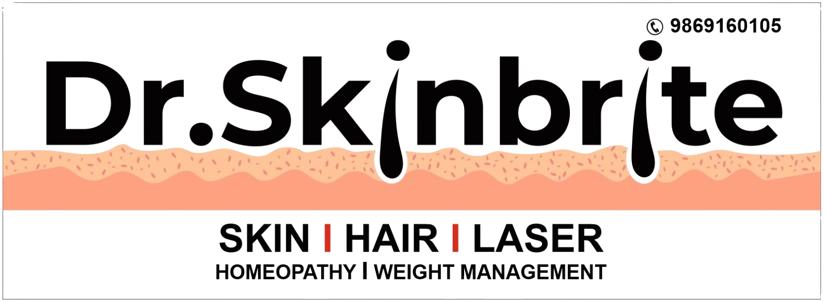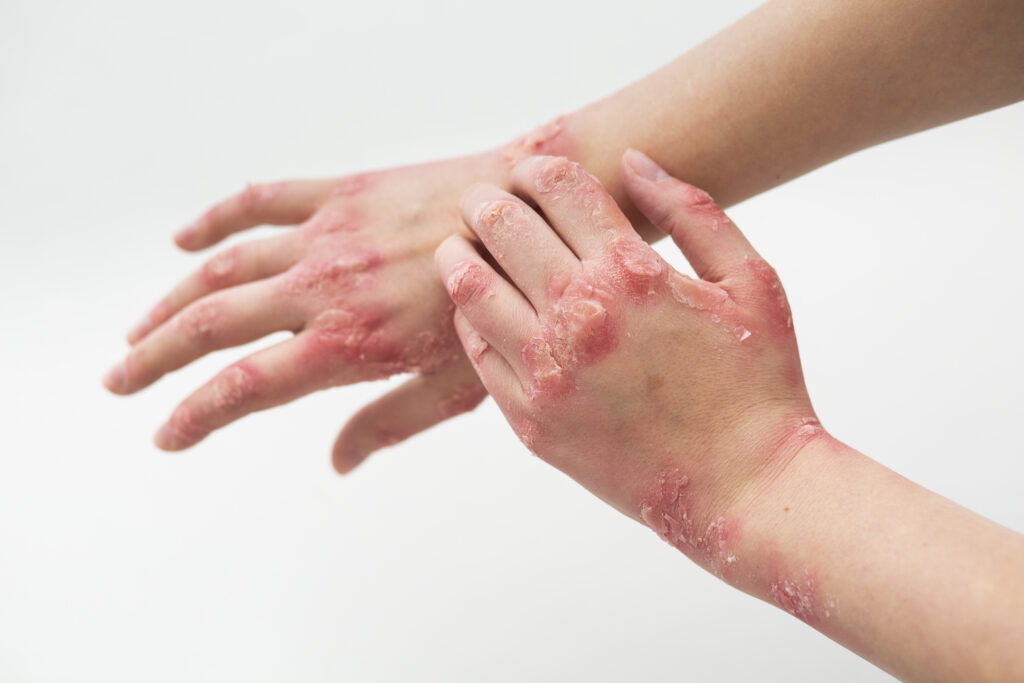Introduction
Psoriasis is a long-term skin condition that causes red, scaly patches. While it is not contagious, it can affect your daily life. Understanding common psoriasis triggers is important for managing symptoms and preventing flare-ups. Knowing what causes psoriasis flare-ups can help you take control and feel better every day.
What is Psoriasis?
Psoriasis is a skin disease that makes your skin cells grow too quickly. As a result, thick, red, and sometimes itchy patches appear. These patches can show up anywhere, but they often affect the elbows, knees, scalp, and lower back. Although the exact cause is not fully known, experts believe it involves the immune system and genetics. According to the World Health Organization, millions of people worldwide live with psoriasis.
Why Triggers Matter in Psoriasis Management
Not everyone with psoriasis has the same triggers. However, certain things can make symptoms worse for many people. When you know your triggers, you can avoid them and reduce flare-ups. This helps you manage psoriasis naturally and improve your quality of life. In addition, avoiding triggers may help treatments work better.
Most Common Psoriasis Triggers
Many things can cause a psoriasis flare-up. Below are some of the most common psoriasis triggers:
Because triggers can vary, it is important to pay attention to your own body.
How to Identify Your Personal Triggers
Everyone is different, so your triggers may not be the same as someone else’s. To find out what affects you, try these steps:
Over time, you will learn which things to avoid or manage better.
Lifestyle Tips to Avoid Psoriasis Flare-Ups
Making small changes can help you prevent psoriasis triggers and manage symptoms naturally. Here are some helpful tips:
With these steps, you can lower your risk of flare-ups and feel more comfortable.
When to Seek Medical Advice
Sometimes, even with the best care, flare-ups still happen. If your symptoms get worse or do not improve, it is time to talk to a doctor. You should also seek help if you notice new symptoms or if your skin becomes painful or infected. A dermatologist can help you find the best treatment and offer advice on managing psoriasis triggers.
Remember: Consult a dermatologist for personalized advice on managing psoriasis triggers.

